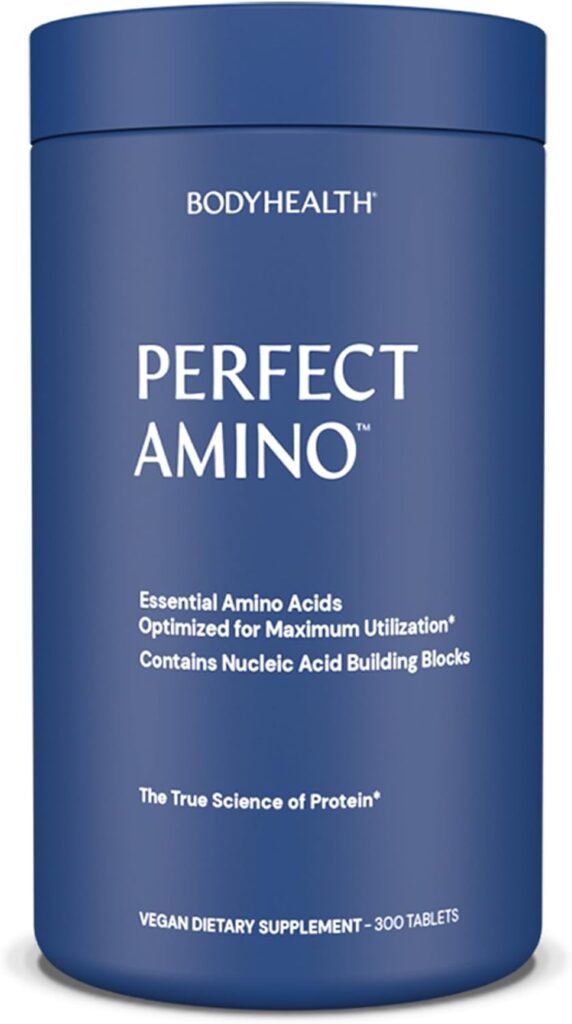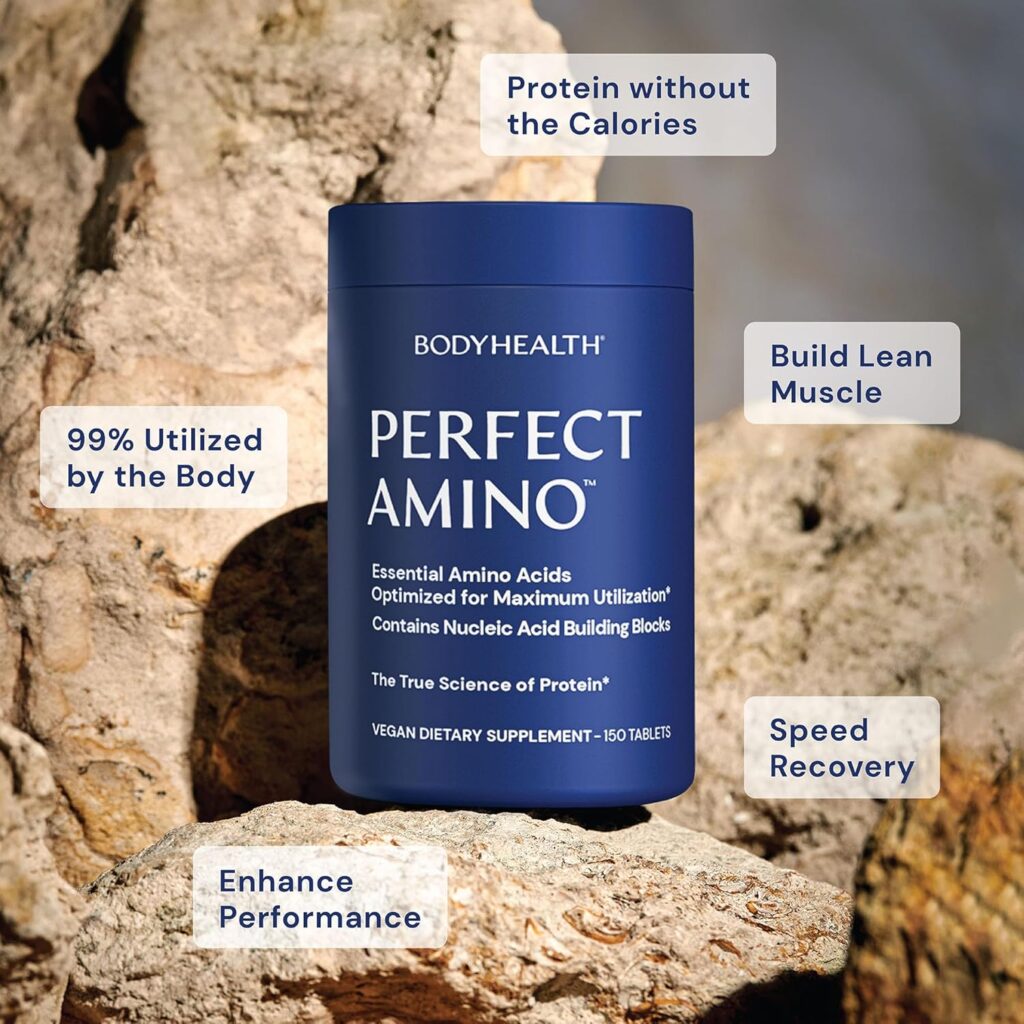You’ve just finished a tough workout. Your muscles are burning, sweat is dripping down your face, and your heart rate is slowly coming back to normal. You feel accomplished—but do you know what your body needs most right now? The answer: protein. Protein is the superstar macronutrient that can help you bounce back faster, feel less sore, and build stronger muscles. In this article, we’ll explore the benefits of protein for exercise recovery and why it should be an essential part of your post-workout routine.
Protein and Muscle Repair
Imagine your muscles as a series of tightly woven fibers. During exercise, especially intense or resistance training, these fibers experience tiny tears. While that might sound negative, it’s actually part of the process of getting stronger. However, these tears need to be repaired to avoid injury and ensure that your muscles grow back stronger. Protein is the building block of muscle tissue and helps to stitch those torn fibers back together. When you consume protein after a workout, you’re supplying your body with the materials it needs to repair itself efficiently.
You don’t have to spend hours cooking to get your protein fix. There are a variety of popular, highly-rated protein powders that are available.
*As an Amazon Associate, I may earn a commission from qualifying purchases at no additional cost to you. I only recommend products or services I believe will add value to my readers.*
The Role of Protein in Muscle Growth
Whether you’re a bodybuilder aiming to increase muscle mass or just trying to get stronger, protein is key to achieving those goals. Muscle growth is a two-part process: first, you create the tiny tears we talked about earlier during exercise, then you provide your body with the building blocks to rebuild them larger and stronger. Without adequate protein, the body won’t have enough materials to make those fibers bigger. This means you won’t see the muscle growth you’re aiming for, even if you’re putting in hours at the gym.
It’s important to aim for about 20-30 grams of protein within 30 minutes after a workout. You could eat a chicken breast or a serving of Greek yogurt, but if you’re pressed for time, a protein supplement can work wonders. This one has a reputation for its fast-digesting formula and positive reviews from many fitness enthusiasts.
Protein Reduces Muscle Soreness
You’ve likely experienced the soreness that sets in after an intense workout, also known as DOMS (delayed onset muscle soreness). DOMS occurs because your muscles have been worked harder than they’re used to, resulting in those microtears that need repair. Protein can help reduce the severity of DOMS, making it easier for you to get back to the gym sooner and stay consistent with your workouts.
By consuming a high-quality protein source after your workout, you’re giving your muscles the fuel they need to recover more quickly. For those days when you’re on the go, consider having a Premier Protein Ready-to-Drink Shake in your gym bag. These shakes are well-loved for their convenience and high protein content, and make getting your post-workout protein enjoyable.
Supports Immune Function
Exercise, especially strenuous or prolonged activities, can temporarily weaken your immune system. It’s why many athletes sometimes find themselves feeling run down after a period of intense training. Protein plays an important role in supporting immune function. Amino acids—the building blocks of protein—are used to produce antibodies and immune cells. By consuming enough protein, you’re not only supporting muscle recovery but also ensuring your immune system stays strong.
It contains multiple protein sources, ensuring that your body gets both fast-acting and slow-release protein for ongoing recovery. It’s also highly rated and well-reviewed by people who appreciate the rich, creamy taste.
Prevents Muscle Loss
If you’re someone who exercises regularly and cares about your overall strength, one thing you definitely want to avoid is muscle catabolism, or muscle loss. After intense physical activity, your body could turn to your muscles for fuel if there’s not enough protein in your diet. This process can be prevented by making sure your body has adequate protein both before and after workouts.
Optimizing Protein Intake: Timing and Amount
You might be wondering how much protein you need and when you should be consuming it for the best recovery results. Research suggests that protein intake should be evenly distributed throughout the day, rather than consumed all at once. Aim to include some form of protein with every meal, including breakfast, lunch, and dinner, as well as post-workout. This can help stimulate muscle protein synthesis consistently throughout the day.
The post-workout window is particularly critical. Consuming protein within 30-45 minutes after your workout helps maximize muscle protein synthesis. Aiming for around 20-30 grams of protein in this timeframe is a good target for most people.
Protein Helps Replenish Energy Levels
Did you know that protein also plays a role in helping restore your energy levels? After a tough workout, your body’s glycogen stores are depleted. While carbohydrates are your body’s primary source of energy, protein can also help in the recovery process by providing amino acids that support overall energy metabolism.
Combining protein with carbohydrates is the best strategy for replenishing glycogen stores and promoting full recovery. Consider making a smoothie that includes a scoop of protein powder along with some fruits like bananas or berries.
Protein Can Boost Your Mood
Exercise does wonders for your mood, but did you know that protein can also contribute to this effect? Exercise stimulates the release of endorphins—the body’s natural mood boosters—and protein provides the amino acids needed to produce neurotransmitters like serotonin and dopamine, which are crucial for regulating mood and reducing stress. By ensuring that you’re getting enough protein, you’re giving your brain the nutrients it needs to keep you feeling happy and balanced.
The Bigger Picture: Protein in Your Daily Diet
While focusing on post-workout protein is essential, it’s also important to look at the bigger picture of your entire diet. You want to make sure you’re getting enough protein throughout the day to support not just muscle repair but also general health and wellness. Protein is vital for maintaining healthy skin, hair, nails, and even hormone production. By making protein a consistent part of your daily routine, you’re setting yourself up for better long-term results, both in your workouts and in your overall health.
Consider incorporating protein-rich foods like lean meats, fish, eggs, Greek yogurt, tofu, lentils, and chickpeas into your meals. These whole food options provide a range of amino acids and other nutrients that are beneficial to your health and fitness journey.
Wrap Up: Make Protein Your Recovery Ally
If there’s one thing you take away from this, let it be this: Protein is your best friend when it comes to exercise recovery. It helps repair muscle tissue, supports growth, reduces soreness, maintains immune function, and replenishes your energy. Whether you prefer animal-based or plant-based protein, the important part is that you’re giving your body what it needs to recover effectively and come back stronger for your next workout. Enjoy the process of nourishing your body and seeing the results in your improved recovery, mood, and strength.
So, next time you hit the gym, don’t forget—your workout doesn’t end when you leave the gym floor. Grab some protein, treat your muscles well, and feel proud of the commitment you’re making to a stronger, healthier you.


